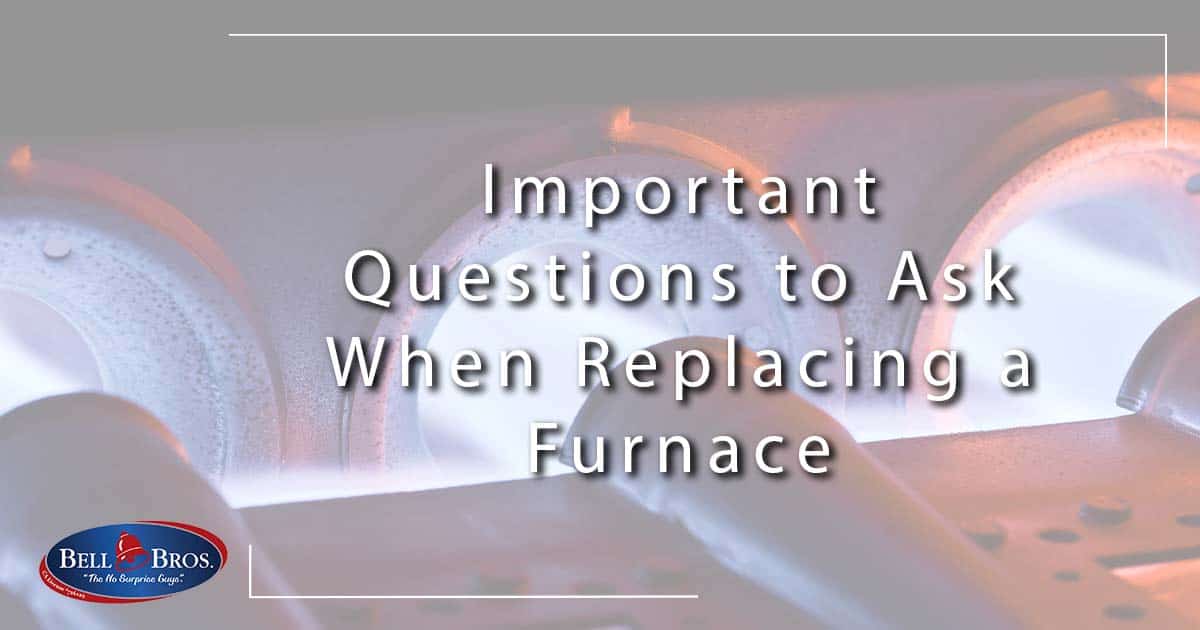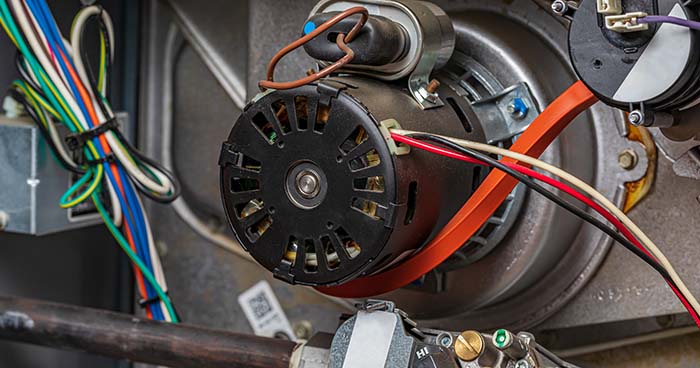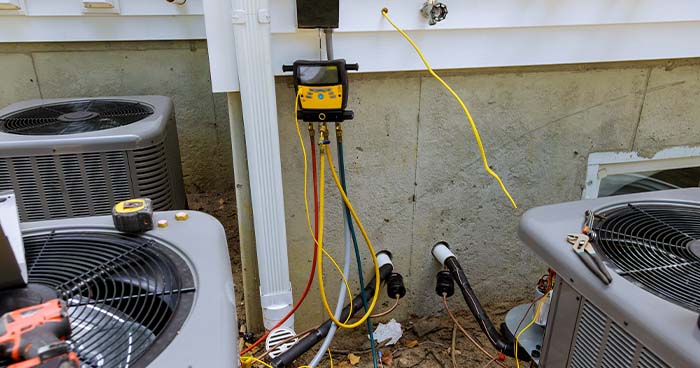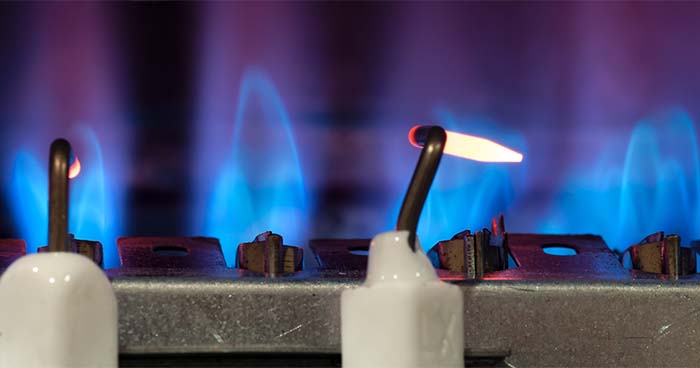Important Questions to Ask When Replacing a Furnace

If your furnace is coming to the end of its lifespan and you’re constantly dealing with breakdowns and repairs, not to mention a huge utility bill, it may be time to upgrade.
Should you upgrade now or wait until next season? Here’s what you should consider.
What Type of Furnace Should I Get?
Furnaces can be powered by natural gas, oil, and electric. Natural gas furnaces are the most energy efficient and offer clean-burning energy. They operate with a pilot light that ignites the gas inside, which then fuels the burners to heat your home.
Can I Install a New Furnace on My Own?
Furnace installation may seem simple and straightforward, though it’s anything but. The average homeowner shouldn’t tackle this DIY task, as it can be dangerous and complicated. It’s always better to hire a professional HVAC technician to ensure it’s done safely and properly.

How Do I Know It’s Time to Replace a Furnace?
If you’re tempted to wait until next season for your furnace replacement, here are some things to consider:
- You have constant repairs: If you seem to have repairs every time you turn around, it may be more cost-effective to just replace your furnace. The general rule is that you should get a new furnace if your repairs have reached about half the price of a new unit.
- It’s getting old: As mentioned, furnaces last about 15 or 20 years. Maintenance can extend the lifespan of your furnace, and likewise, not maintaining your furnace can shorten its lifespan. If your furnace seems to be struggling, however, it’s best to replace it.
- You have cold areas: If you have your furnace running but you have cold rooms, it could mean that your furnace isn’t running as effectively as it once did. A new system will not only improve the comfort, but you could save on your energy bills. Speaking of…
- High energy bills: As furnaces age and take on more wear and tear, their efficiency suffers. If your energy bills have gone up without extra usage, such as a particularly cold winter, it could be a sign that it’s nearing the end of its life.
When is the Best Time of Year to Replace a Furnace?
A furnace can be installed or replaced any time of year. That said, HVAC technicians may be busier during the winter season, since that’s when most repairs or breakdown occur. However, you don’t want to wait for an emergency If there’s a sick or elderly person in the house or extremely cold temperatures. With this in mind, the best time for a furnace installation is the spring and fall, when fewer people are in need of urgent HVAC work.

How Big Will My New Furnace Be?
Furnaces aren’t one size fits all. You need to choose the right size furnace for your home’s size, insulation, and climate. An experienced HVAC technician can help you choose the right furnace for your home with a heating load calculation test. This evaluates how the air circulates in your home and its quality to help them determine the most efficient furnace for your needs.
How Much Does a New Furnace Cost?
Furnaces vary in price according to several factors. The type of furnace and any supporting equipment and work you need, such as ventilation and ductwork, affect the final cost. The size also affects the price of the furnace, especially if you’re getting two furnaces to accommodate a larger home.

Should I Replace My Furnace and AC at the Same Time?
You don’t need to replace your air conditioner at the same time as your furnace, but it’s a good idea. They’re likely close in age and pairing an old air conditioner with a new furnace will put strain on the components.

How Long Does It Take to Install a New Furnace?
Furnace installation or replacement should take about one day. If you have to get a different type of furnace or you need supporting services like ventilation or ductwork, you could be looking at a slightly longer timeframe for installation.
Will My New Furnace Be Energy Efficient?
Energy efficiency affects both the cost of the furnace itself and your heating costs. Because energy efficient furnaces reduce your energy bills, it may be worth paying a higher upfront cost. The annual fuel utilization efficiency, or AFUE, measures the efficiency of the furnace. The models with the highest efficiency will have an AFUE of 90 or greater.

Looking to install or upgrade your furnace? Contact Bell Brothers to schedule an appointment!

